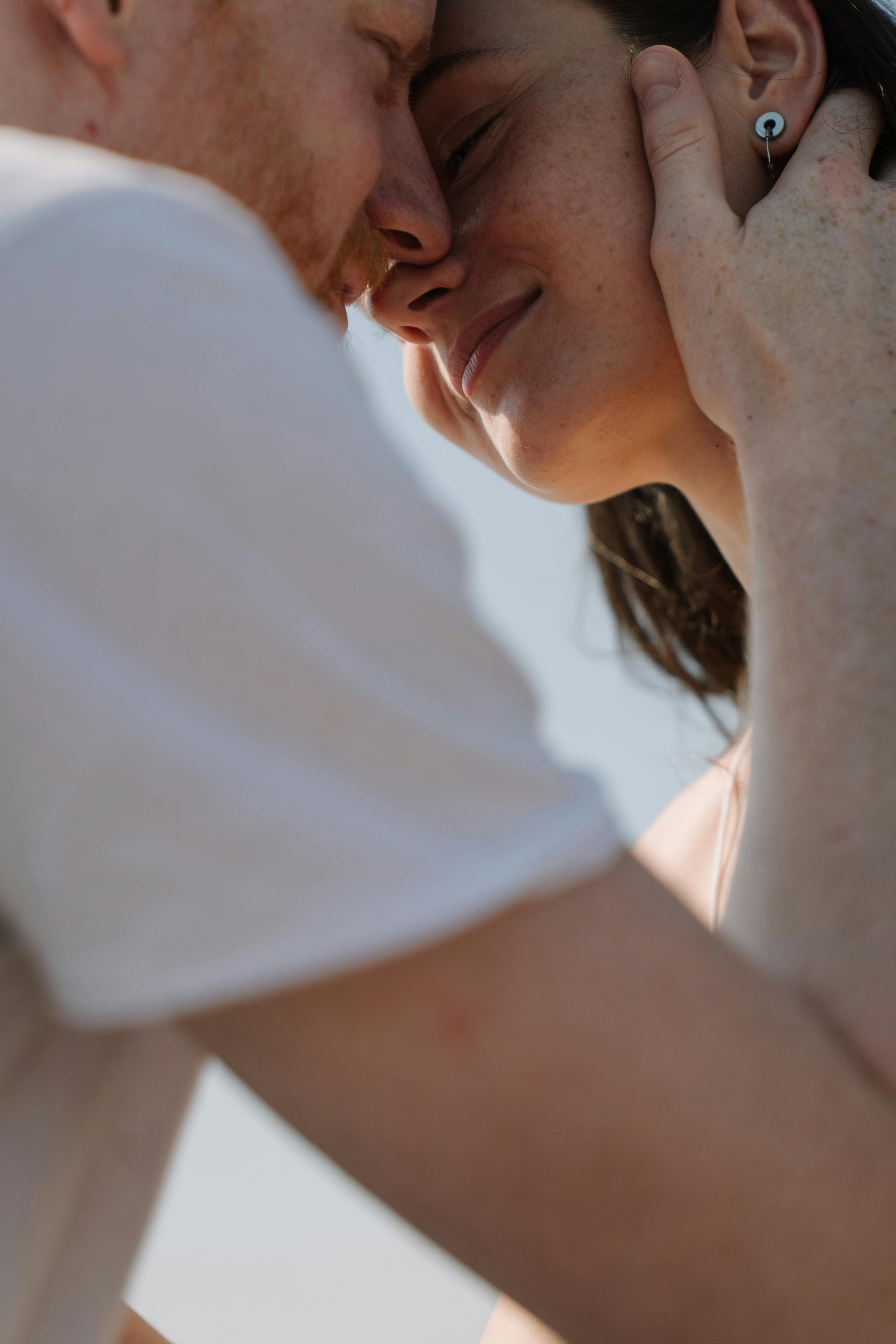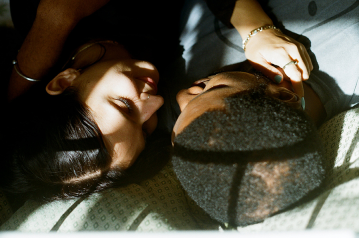When is the best time to freeze your eggs? What the data really says

If you’re thinking about freezing your eggs, you might be wondering: When’s the best time to do it? The truth is, timing can make a big difference. The earlier you freeze, the more eggs you can usually collect, and that generally means better chances down the road when you want to start a family. But there’s more to it than just age. Let’s break down what the data tells us and what the process looks like.
How age impacts egg freezing success
- Best age: 27–34
This is often called the “sweet spot.” Your eggs tend to be healthiest and most abundant in these years, so you’re more likely to freeze a good number of high-quality eggs. That means stronger odds when you decide to use them later. - Still viable: 35–38
It’s definitely still worth considering egg freezing in this range, but keep in mind you might need to freeze more eggs to increase your chances of success. The quality of eggs naturally declines as we age, so your fertility team might recommend a more tailored approach. - Over 38
While success rates do drop after 38, egg freezing isn’t off the table. You’ll want to have a detailed conversation with your fertility specialist about realistic expectations and what the best plan is for you.
What does the egg freezing timeline look like?
- Consultation & testing (about 1 week):
You’ll meet with a fertility doctor to run some blood tests and an ultrasound to check your ovarian reserve (basically, how many eggs you have left). - Hormone stimulation (10–12 days):
This part involves daily hormone injections that encourage your ovaries to produce multiple eggs, rather than just one. - Egg retrieval (outpatient procedure):
Once your eggs are ready, they’re collected in a quick, minimally invasive procedure under sedation. - Recovery (1–2 days):
Most people feel back to normal after a day or two, but it’s a good idea to take some time off to rest.
The bottom line
Freezing your eggs earlier generally gives you a better chance, but it’s important to balance that with your emotional readiness, budget, and life plans. Fertility journeys are personal and unique, so the best next step is to talk to a fertility expert who can help you figure out your own ideal timing and options.
Find out how Gaia can support you on your egg freezing journey.




.png)